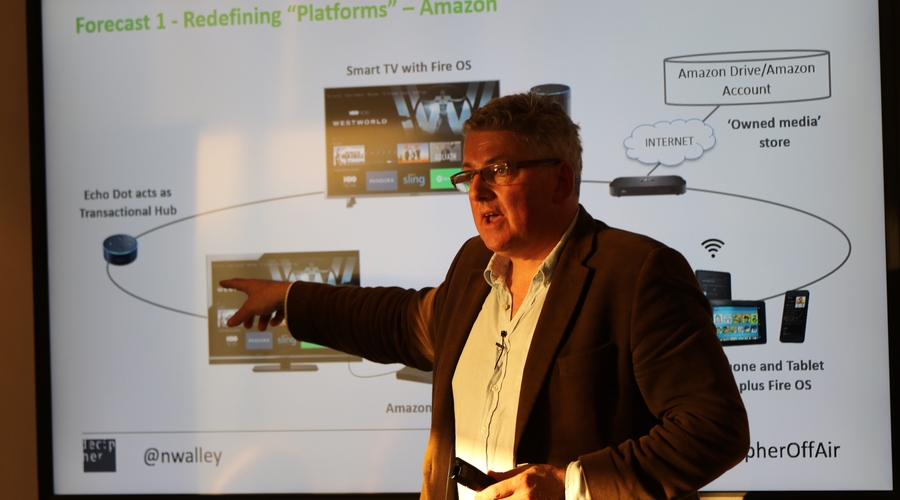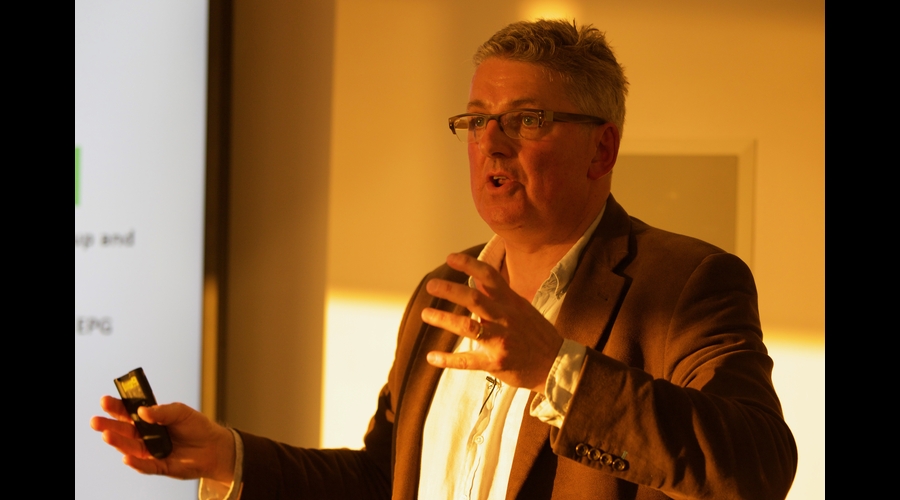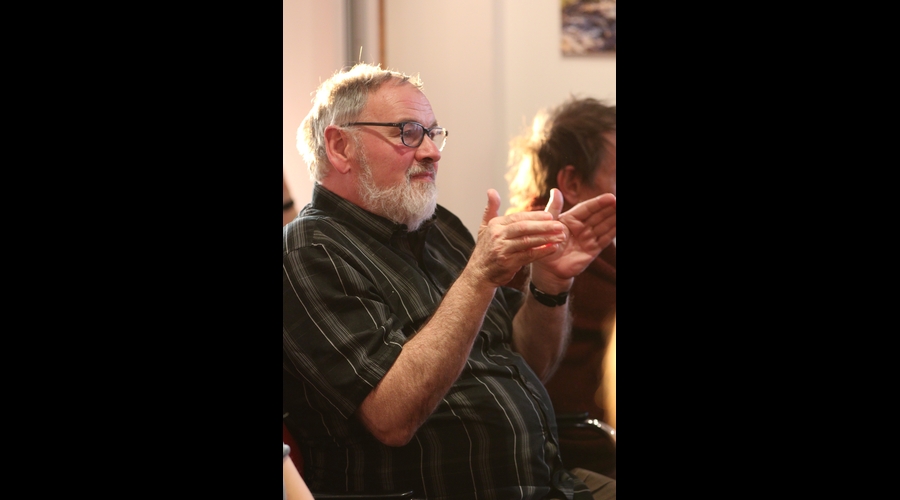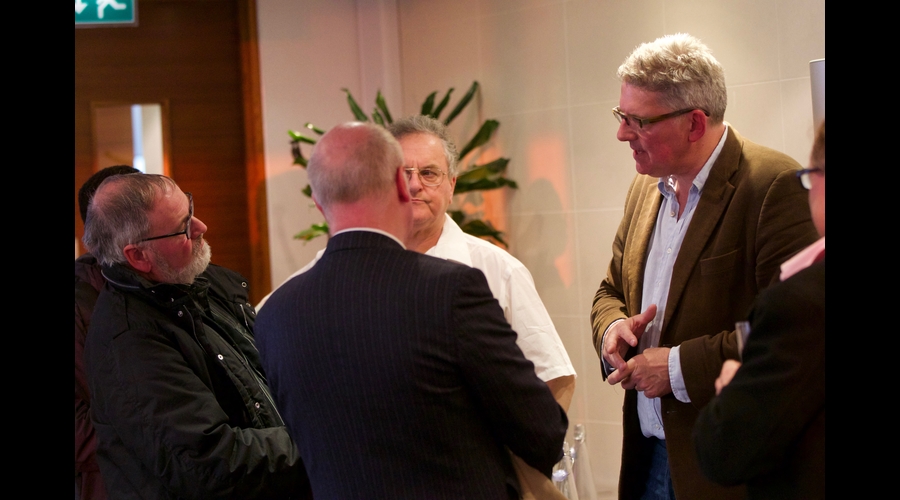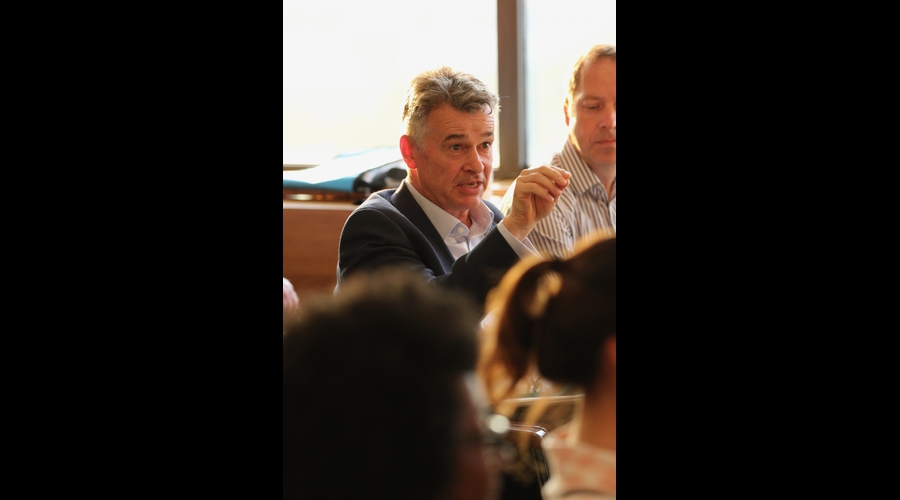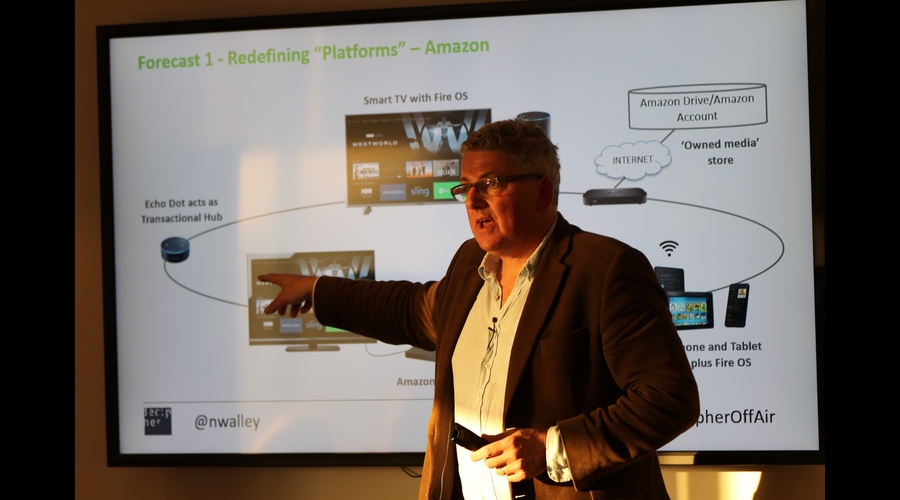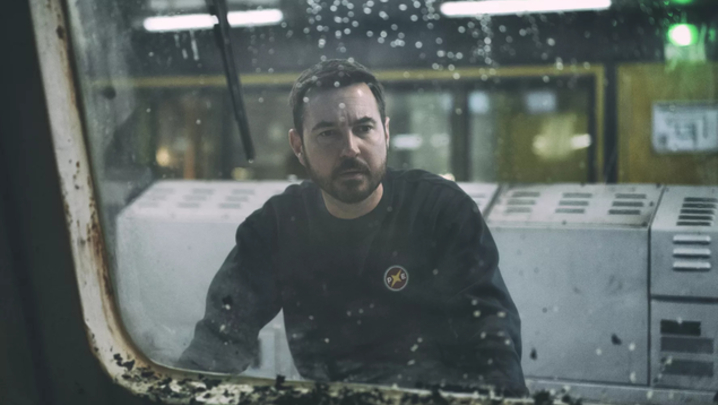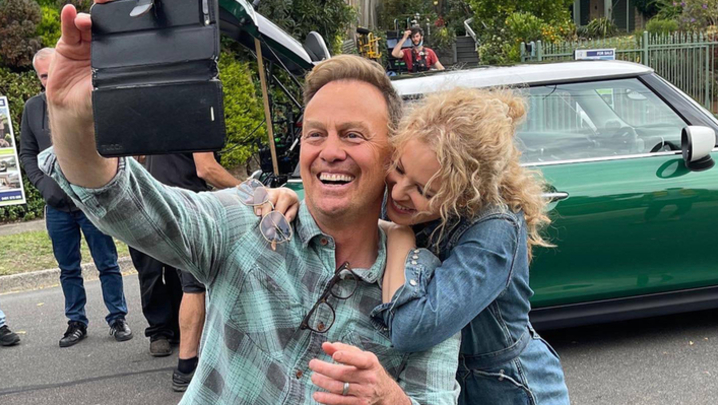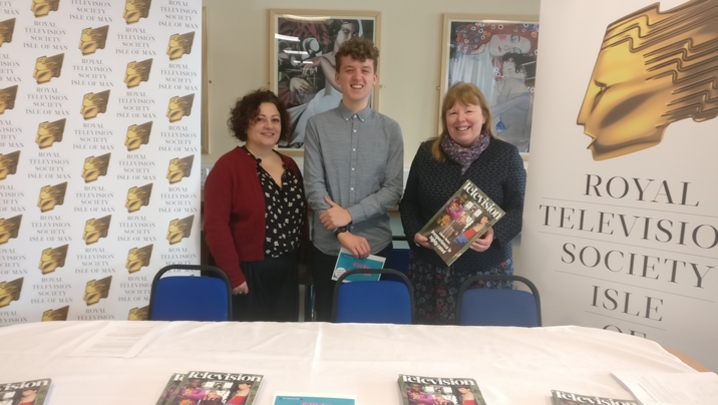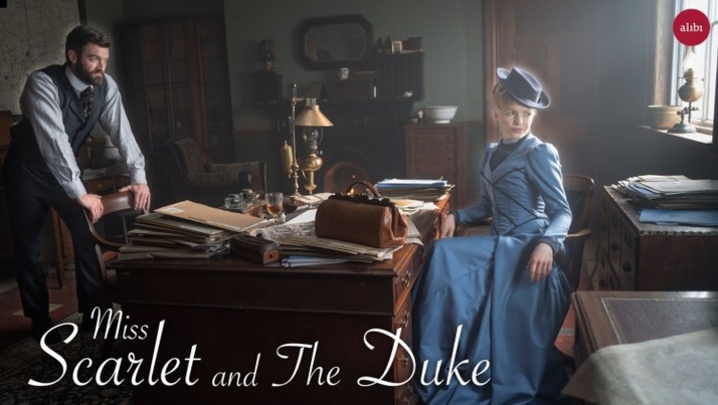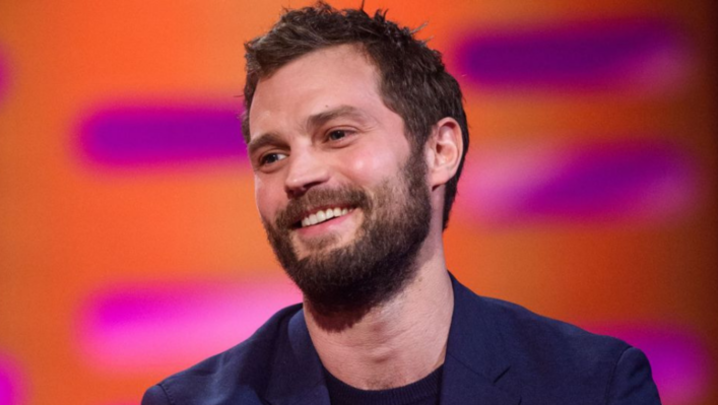Could Amazon or Google win the rights to broadcast the Olympic Games? This was just one of the possibilities aired by media consultant Nigel Walley as he looked into the future of television at a London Centre event in early May.
The managing director of media consultancy Decipher looked to a future where more and more households – which, he said, for a family of four, now have an average 25 screens – would be able to easily connect all their TVs, computers, tablets and phones into a single “whole home network”.
Newish products such as the Sky Q box allow viewers to watch around the house and it and other developments, argued Walley, marked “yet another shift [in power] to the platforms” and away from the broadcasters.
Cloud services, he predicted, would also move rapidly into the consumer arena in television. Rather than recording programmes on the hard drives of their PVR, “within a couple of years” viewers will be recording programmes on a huge scale and storing them in the cloud.
Distinctions between platforms, broadcasters, social media outfits and the giant telecommunications companies were becoming blurred, argued Walley. Social media has already arrived on TV in the UK, with the EE set-top box now highlighting what shows are trending on Twitter. He predicted that because television still delivers good financial returns, “social media companies with content ambitions will [move] on to the epg” (electronic programme guide).
Walley claimed that with huge outfits such as Amazon and Apple entering the market and delivering media services to the home, it was time to “redefine what we mean by a platform”.
He revealed that Amazon was currently developing a smart TV that would include a “linear, scheduling menu”, and predicted that Facebook and others would develop into “publisher broadcasters”.
Two “crazy” forecasts, which, he said, were probably not that fanciful, were that Facebook Live would appear as a linear TV service on the EPG and that “Facebook would bid for World Cup and Olympic rights”.
These new platforms, Walley continued, could realistically bid for sports rights. “For the first time it feels viable,” he said. “The Olympics looks vulnerable – [it’s] one of the rights that could do with a bit of Amazon or Google treatment.”
The RTS London event, “Television: what happens next”, was held at ITV London Studios on 10 May and produced by Nick Radlo.
All photos by Ainsley de Silva.

